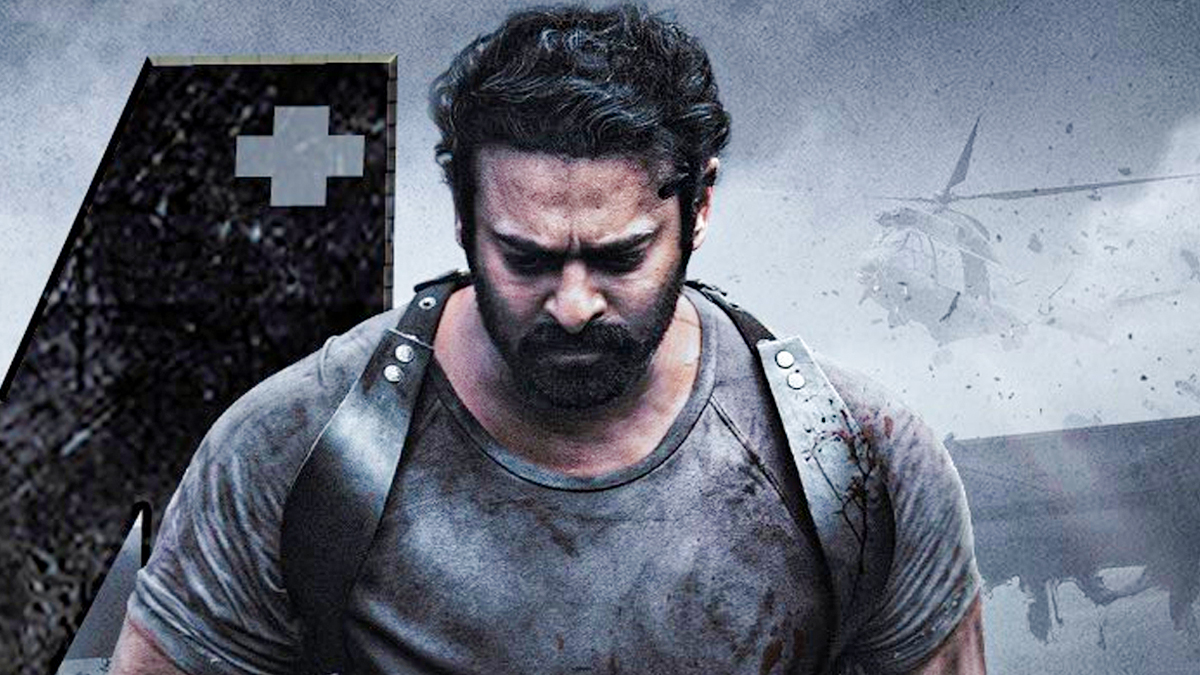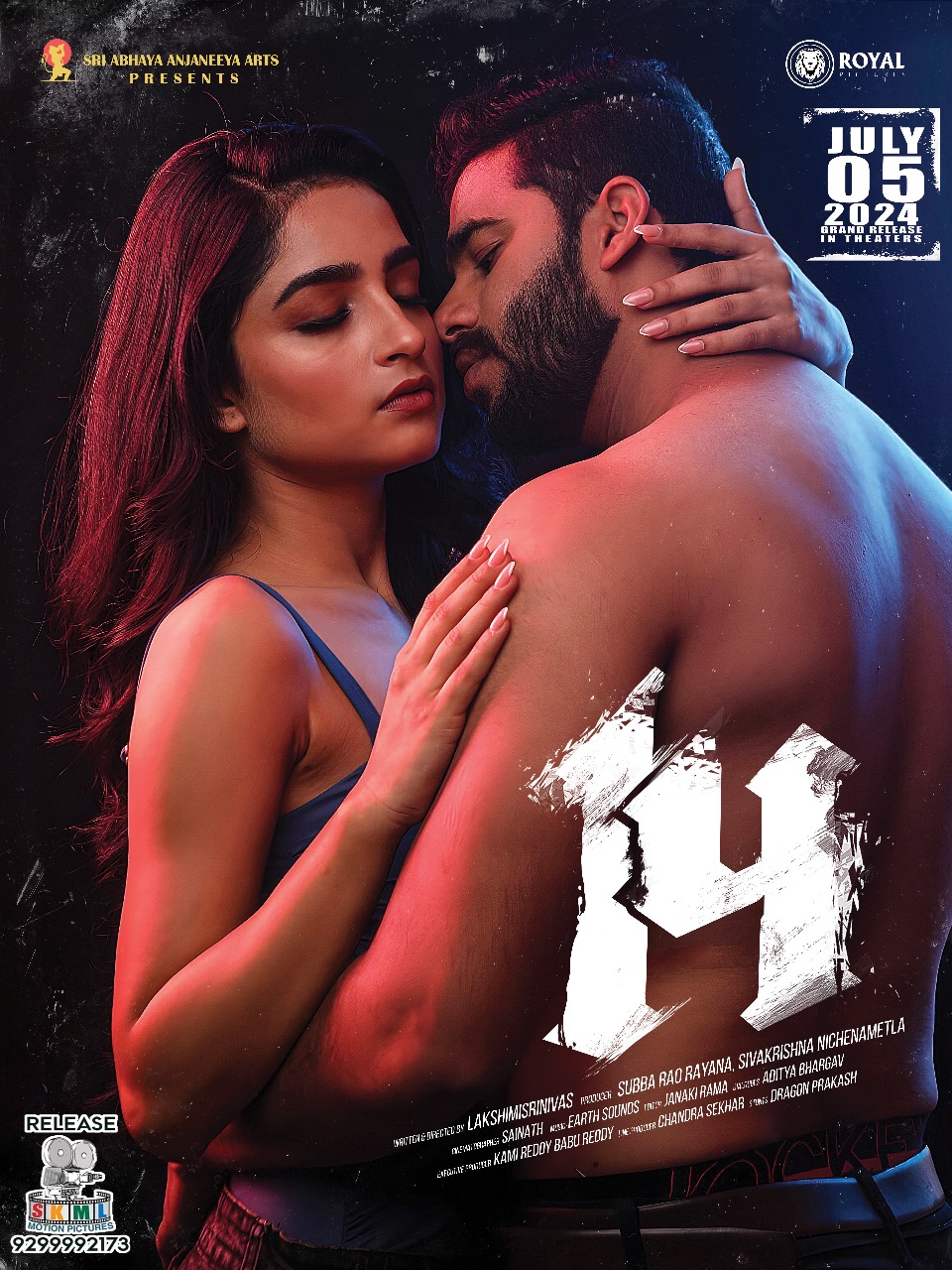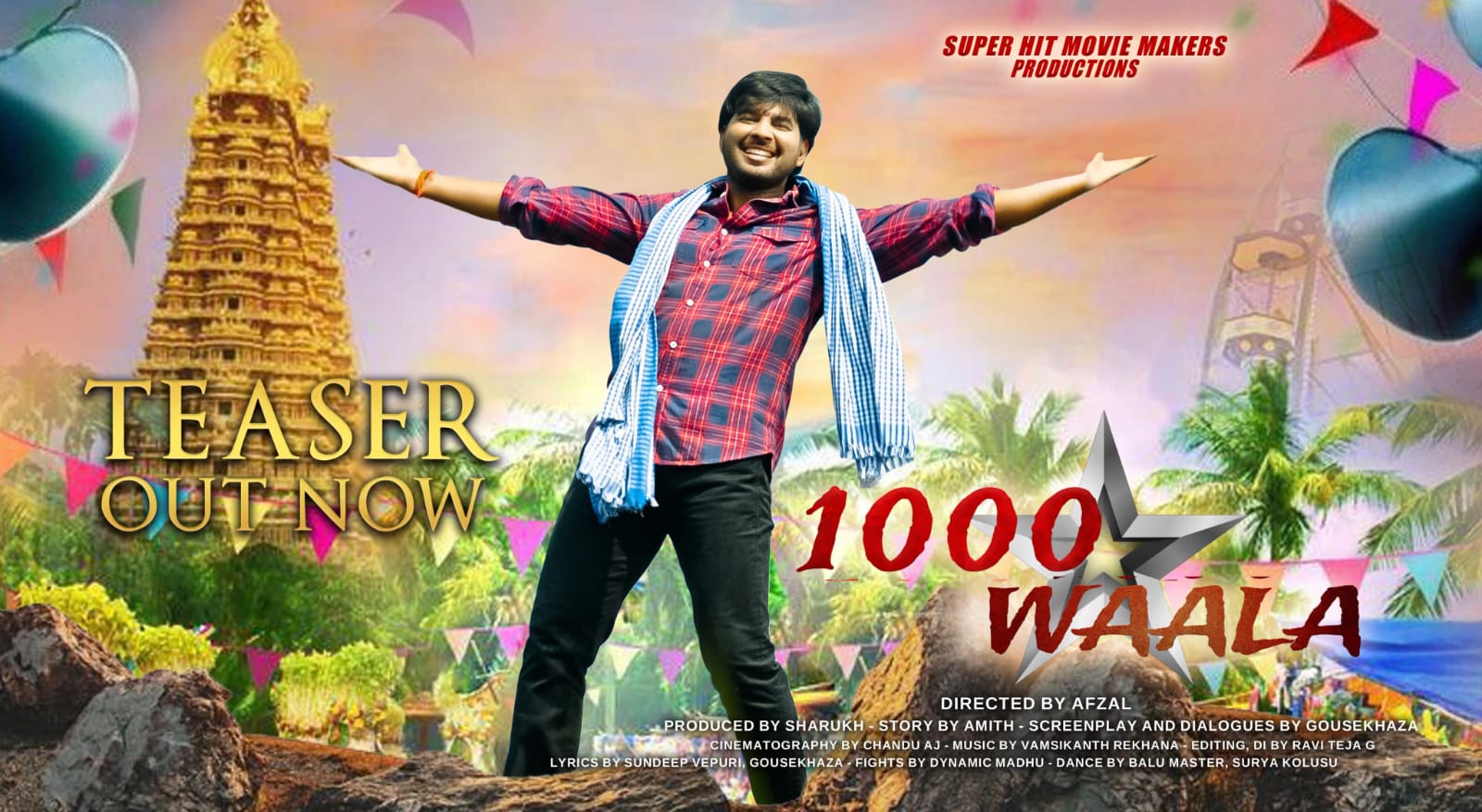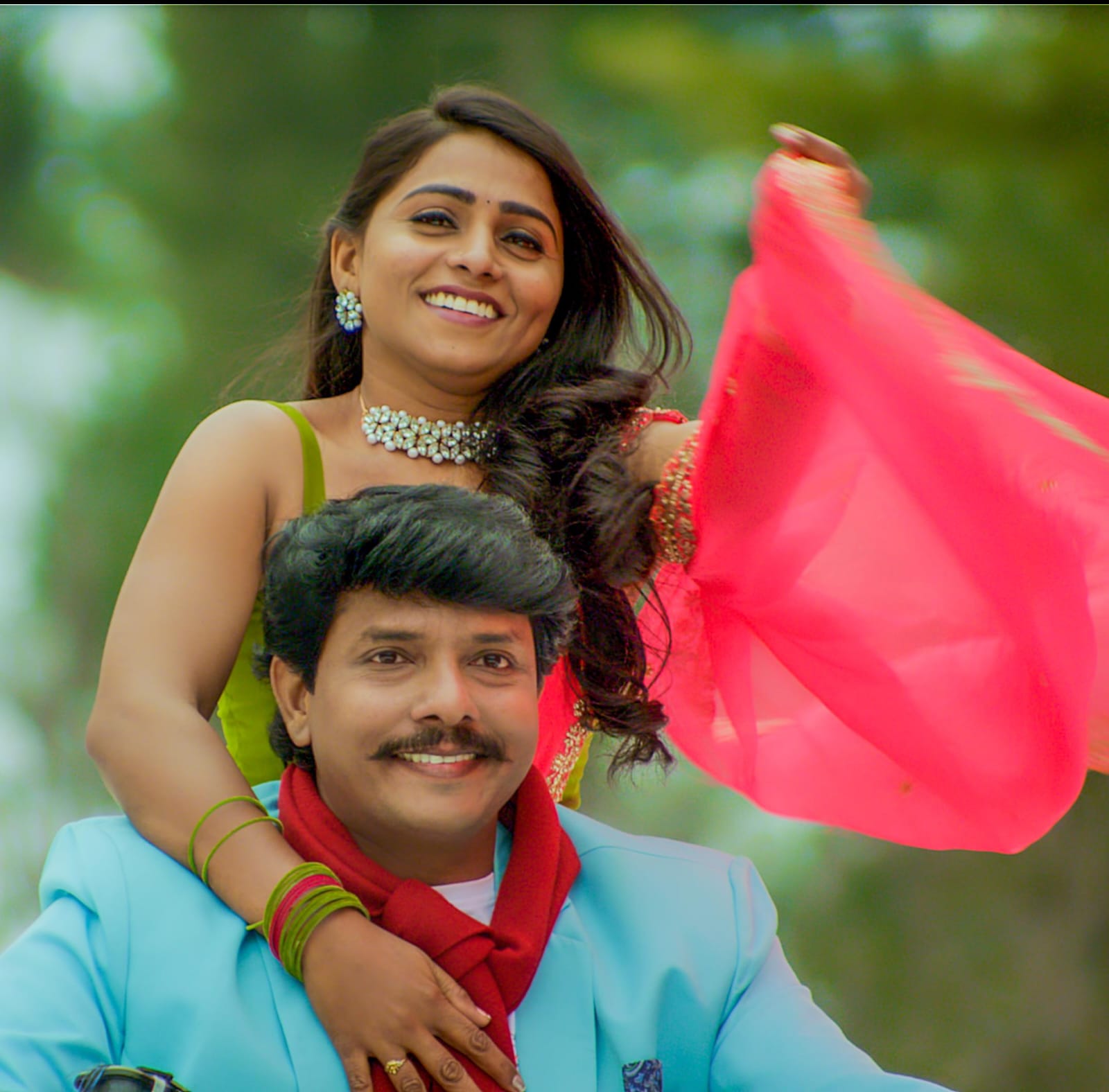
Synopsis:
Salaar is a film about Deva, played by Prabhas, who goes to great lengths to help his friend, Vardha, portrayed by Prithviraj Sukumaran. The story revolves around their friendship and Deva’s determination to protect Vardha from trouble. While the film is promoted as an emotional tale about friendship, the performances and character development are somewhat lacking. Nonetheless, the action sequences in the second half make it a worthwhile watch for action enthusiasts.
Performance:
Prabhas, as Deva, portrays a loyal friend willing to sacrifice anything for Vardha. His screen presence and body language may seem dull in the first half, but he shines in the action-packed sequences of the latter half. While there is minimal dialogue, it is refreshing to see Prabhas deliver some mass dialogue. Prithviraj Sukumaran delivers a decent performance as Vardha, but his role’s impact is limited due to being a supporting character. His attempt at Telugu dubbing could have been improved.
Shruti Hassan’s portrayal of Aadhya is presented and acted in an annoying manner, and her character feels unfinished by the end of the film. Other supporting actors, such as Jagapathi Babu, Bobby Simha, and Tinu Anand, have underdeveloped roles that do not leave a significant impact.
Analysis:
Directed by Prashanth Neel, known for his work in KGF, Salaar attempts to present a friendship tale set in the backdrop of Khansaar. The film starts by establishing the friendship between Deva and Vardha, but the initial setup and characterization feel dull. Some scenes and performances, particularly from Easwari Rao and Shruti Hassan, lack emotion and create a disconnect with the audience.
The story lacks momentum in the first half, with few notable developments. However, the action sequences leading to the interval and the big-scale action episode in the first half make it somewhat passable. The second half introduces the real story of Khansaar and presents interesting elements briefly. However, there are clichéd scenes and a sense of lag that hinders the flow. The back-to-back action sequences in the second half contribute to an improved experience, leading to a neatly wrapped-up climax.
Despite some issues with blending different groups into the narrative, the film sustains interest through its cease-fire voting element. While the music by Ravi Basrur is disappointing initially, it improves in the second half and complements the crucial action blocks. The editing could have been better to avoid dragging moments throughout the film.
Conclusion:
In Salaar, the second half is more engaging and action-packed, making it worth watching for action enthusiasts. Prabhas delivers a commendable performance despite minimal dialogue, while Prithviraj Sukumaran’s role is decent but limited. The supporting actors have underdeveloped roles but fulfill their purpose without spoiling the film. However, the film falls short in terms of character development and emotional depth.





